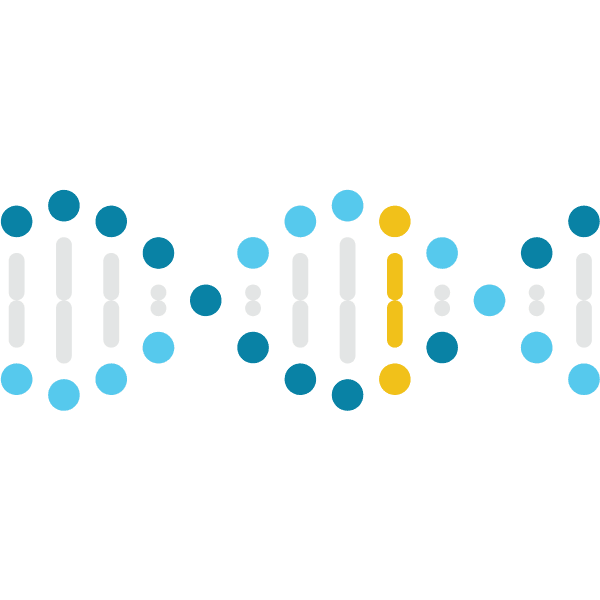Like almost everything this year, the annual meeting of the American Society of Human Genetics will be virtual.
Instead of having thousands of scientists converge on a city for a week of presentations on the latest breakthroughs in genetics, this year all of that will be done online.
But that isn’t the only way that this year’s gathering is different. The meeting, from October 27 to October 30, comes as scientists around the world are in the midst of searching for insights that could lead to treatments or a vaccine for COVID-19.
Drug Discovery
And on that note, this year’s conference will begin with Eric Green, the director of the National Human Genome Research Institute, hosting a conversation on the role genetic research is playing in drug discovery.
The panel will include researchers from the National Institutes of Health as well as representatives from biopharmaceutical companies and advocacy organizations. Among those on the panel is George D. Yancopoulos, the chief scientific officer of the biotech company Regeneron, which developed the experimental antibody cocktail that was used to treat President Donald Trump.
COVID-19 Research
Beyond that opening session, the organizers set aside a special poster session that allows for late submissions on work being done on COVID-19 so that the most current studies are on offer. More than three dozen teams, including one from 23andMe, are presenting their data in this “Late-Breaking Posters on COVID-19” session. 23andMe scientists will be presenting their findings from recently published research on genetic and non-genetic factors that contribute to both the severity and susceptibility of COVID-19.
23andMe Research Presentations
But beyond the studies on the virus, the conference, as it does each year, will include much more than just research on the pandemic. On the schedule, there are more than 200 oral presentations, about 2,000 scientific poster presentations, and “booths” from 80 exhibitors. Several teams of scientists from 23andMe will also be presenting some of our non-COVID-19 related research.
This includes research into using genome-wide association studies to improve the prediction of complex traits and ethical issues around recruiting for research. 23andMe scientists will also be presenting new data that has found an association between certain behaviors, like smoking, and the risk for Parkinson’s disease.
Here is a list of 23andMe’s presentations and posters:
- Johnathan Bowes
- Emily Bullis
- Karl Heilbron, Ph.D.
- Priyanka Nandakumar, Ph.D.
- Janie Shelton, Ph.D.
- Wei Wang, Ph.D.




